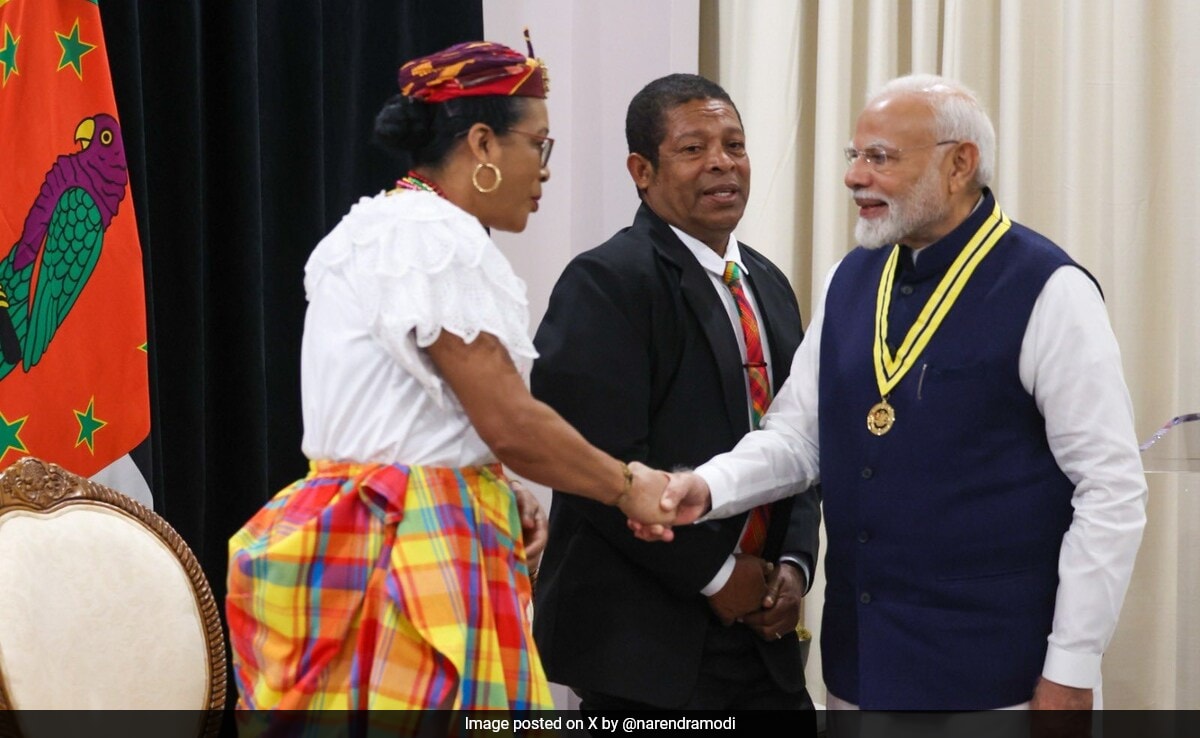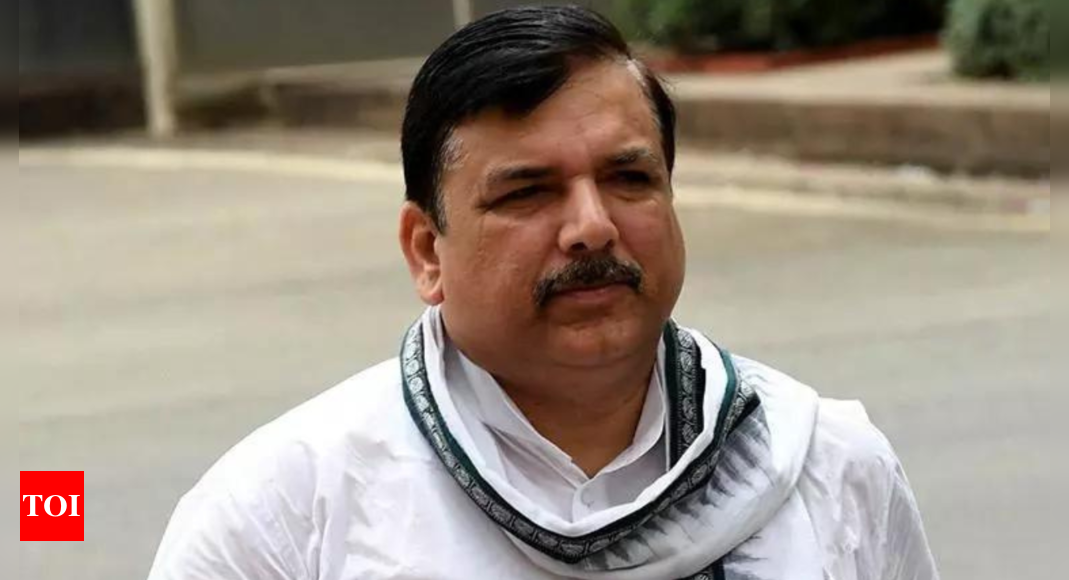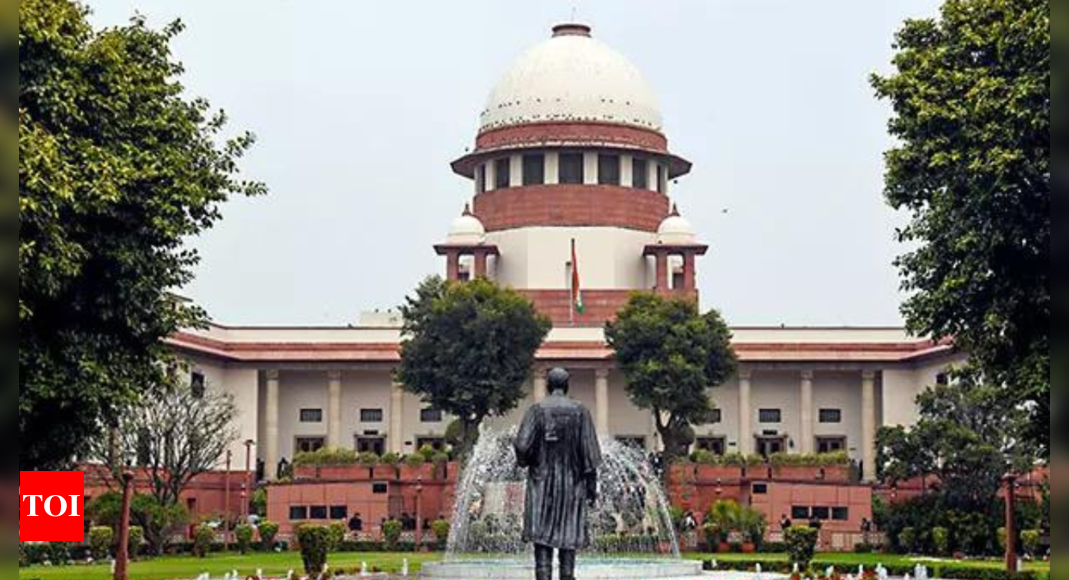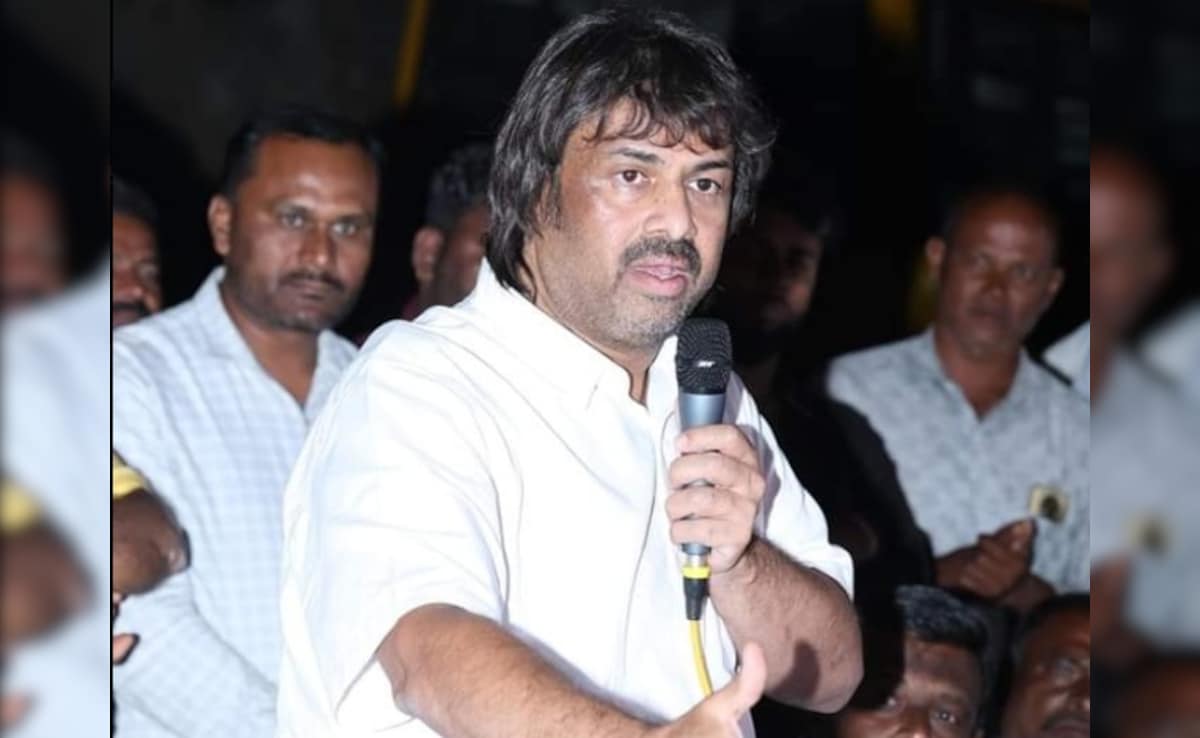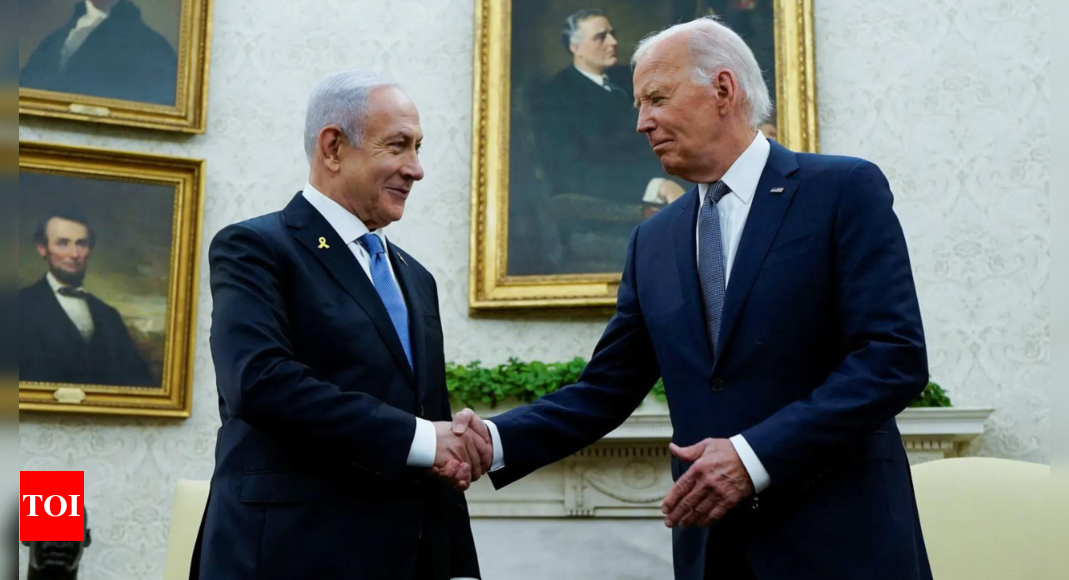
President Joe Biden engaged in a discussion with Israeli Prime Minister Benjamin Netanyahu on Wednesday, emphasising the urgency of agreeing to a cease-fire in the Gaza conflict amid ongoing efforts by the United States to mediate a “bridging proposal” between Israel and Hamas. Vice-President Kamala Harris also participated in the call from Chicago.
Biden “stressed the urgency of bringing the ceasefire and hostage release deal to closure,” according to a statement from the White House.The leaders aimed to use upcoming high-level talks in Cairo, involving mediators from the US, Israel, Egypt and Qatar to address the “remaining obstacles” to an agreement.
Talks in Cairo to address obstacles
Despite intensive diplomatic efforts, the hope for an immediate deal seems to be fading. Challenges persist particularly concerning Israeli troop presence in key Gaza corridors, which has cast doubts on a swift agreement.
Last Friday, President Biden expressed optimism about a possible deal after consultations with Qatar’s Emir Sheikh Tamim bin Hamad al Thani and Egyptian President Abdel-Fattah el-Sissi, who hold crucial roles in dialogues with Hamas.
However, by Tuesday, Biden’s tone was more reserved, noting that “Hamas was now backing off,” though the US remains committed to pushing for a cease-fire.
Challenge of Israeli troop presence
Biden made his call to Netanyahu from Santa Ynez, California, where he is vacationing at the estate of medical technology mogul Joe Kiani. They also addressed escalating tensions between Israel and Iran and Tehran-backed groups like Hamas, Hezbollah and the Houthis.
This conversation occurred in the context of secretary of state Antony Blinken’s recent meetings with officials in Israel, Egypt and Qatar before a new round of talks in Cairo planned for later in the week.
“This is a decisive moment, probably the best, maybe the last opportunity to get the hostages home, to get a cease-fire and to put everyone on a better path to enduring peace and security,” Blinken stated after meeting with Netanyahu and Israeli President Isaac Herzog in Tel Aviv on Monday.
Egyptian officials revealed obstacles to the bridging proposal that prevent Hamas from agreeing to it, beyond concerns about whether the proposal would genuinely end Israeli military presence in Gaza.
An Egyptian official privy to the negotiations, who requested anonymity, indicated that the proposal’s initial phase involves Hamas releasing vulnerable civilian hostages taken in their October 7 attack. Subsequent phases would be negotiated without guarantees from Israel or mediators.
Netanyahu’s assurance to right-wing groups
The official detailed that the proposal lacks clear commitments from Israel to withdraw its forces from the Philadelphi and Netzarim corridors in Gaza. Although Israel has offered to downsize its forces in the Philadelphi corridor with “promises” to eventually withdraw, Hamas demands a complete withdrawal, including from the Philadelphi corridor—a narrow strip along Gaza’s southern border with Egypt.
Earlier this week, Netanyahu met with right-wing groups representing families of fallen soldiers and hostages, who oppose a cease-fire. They reported Netanyahu’s assurance that Israel will not abandon its hold on the strategic corridors. Netanyahu’s office has not commented on these claims.
Blinken, after his visits to Egypt and Qatar, affirmed that the bridging proposal “is very clear on the schedule and the locations of withdrawals from Gaza,” though specific details remain undisclosed.
Biden “stressed the urgency of bringing the ceasefire and hostage release deal to closure,” according to a statement from the White House.The leaders aimed to use upcoming high-level talks in Cairo, involving mediators from the US, Israel, Egypt and Qatar to address the “remaining obstacles” to an agreement.
Talks in Cairo to address obstacles
Despite intensive diplomatic efforts, the hope for an immediate deal seems to be fading. Challenges persist particularly concerning Israeli troop presence in key Gaza corridors, which has cast doubts on a swift agreement.
Last Friday, President Biden expressed optimism about a possible deal after consultations with Qatar’s Emir Sheikh Tamim bin Hamad al Thani and Egyptian President Abdel-Fattah el-Sissi, who hold crucial roles in dialogues with Hamas.
However, by Tuesday, Biden’s tone was more reserved, noting that “Hamas was now backing off,” though the US remains committed to pushing for a cease-fire.
Challenge of Israeli troop presence
Biden made his call to Netanyahu from Santa Ynez, California, where he is vacationing at the estate of medical technology mogul Joe Kiani. They also addressed escalating tensions between Israel and Iran and Tehran-backed groups like Hamas, Hezbollah and the Houthis.
This conversation occurred in the context of secretary of state Antony Blinken’s recent meetings with officials in Israel, Egypt and Qatar before a new round of talks in Cairo planned for later in the week.
“This is a decisive moment, probably the best, maybe the last opportunity to get the hostages home, to get a cease-fire and to put everyone on a better path to enduring peace and security,” Blinken stated after meeting with Netanyahu and Israeli President Isaac Herzog in Tel Aviv on Monday.
Egyptian officials revealed obstacles to the bridging proposal that prevent Hamas from agreeing to it, beyond concerns about whether the proposal would genuinely end Israeli military presence in Gaza.
An Egyptian official privy to the negotiations, who requested anonymity, indicated that the proposal’s initial phase involves Hamas releasing vulnerable civilian hostages taken in their October 7 attack. Subsequent phases would be negotiated without guarantees from Israel or mediators.
Netanyahu’s assurance to right-wing groups
The official detailed that the proposal lacks clear commitments from Israel to withdraw its forces from the Philadelphi and Netzarim corridors in Gaza. Although Israel has offered to downsize its forces in the Philadelphi corridor with “promises” to eventually withdraw, Hamas demands a complete withdrawal, including from the Philadelphi corridor—a narrow strip along Gaza’s southern border with Egypt.
Earlier this week, Netanyahu met with right-wing groups representing families of fallen soldiers and hostages, who oppose a cease-fire. They reported Netanyahu’s assurance that Israel will not abandon its hold on the strategic corridors. Netanyahu’s office has not commented on these claims.
Blinken, after his visits to Egypt and Qatar, affirmed that the bridging proposal “is very clear on the schedule and the locations of withdrawals from Gaza,” though specific details remain undisclosed.






